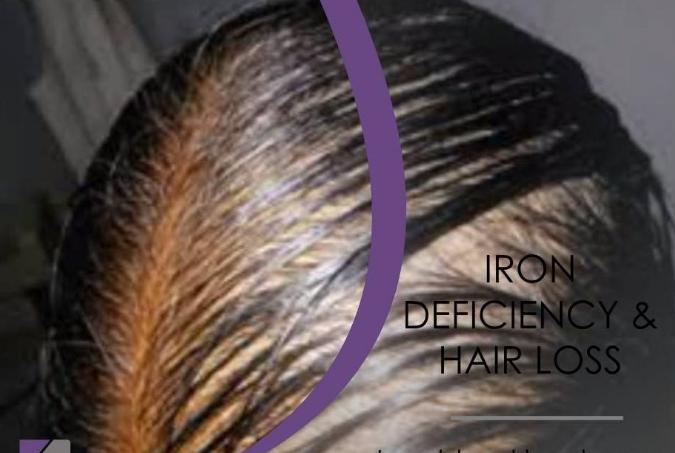Medications & Drugs That Cause Hair Loss
Hair loss can be caused by a number of factors, including hormonal changes and medical conditions. The most common causes include:
Medication Side Effects
Some medications have side effects that may lead to hair loss. These side effects are listed below.
The following is a list of some of the more commonly used drugs that can cause hair loss.
Antihistamines – Used for allergies, antihistamines can also cause dryness in your scalp. This leads to thinning or breaking off of hairs on your head.
Alopecia Areata – Also known as alopecia areata, this condition is an autoimmune disease where the body attacks its own cells. It usually affects people between 15-25 years old.
Alcohol – Alcohol consumption has been linked with increased hair shedding.
Anti-depressants – Anti-depressant medication such as Prozac, Zoloft, Paxil, Celexa, Lexapro and others can cause hair loss. They work by altering brain chemistry.
Birth Control Pills – Birth control pills contain hormones that affect the menstrual cycle. Some birth control pills may cause hair loss.
Corticosteroids – Cortisone creams and steroids are often prescribed to treat inflammation and other skin problems. However, they can also cause hair loss.
Dietary Supplements – Many dietary supplements are sold over the counter without any testing or approval from the FDA. Most of these products do not have enough evidence to prove their effectiveness. If you use any of these products, it’s important to talk to your doctor about the risks involved.
Diabetes – Diabetes can cause excessive sweating which can result in hair loss.
Dieting – Dieting often results in weight loss. When you lose weight, your metabolism slows down. Your body doesn’t need as much energy so less energy is available for your hair follicles.
Fluoride – Fluoride is found naturally in water but many communities add fluoride to drinking water to help prevent tooth decay. However, too much fluoride can cause hair loss. Studies show that children who drink fluoridated water are more likely to suffer from brittle hair and bald spots.
Iron Deficiency Anemia – Iron deficiency anemia occurs when there isn’t enough iron in your blood. This can happen if you don’t eat enough red meat or take certain medications. Low levels of iron can lead to hair loss.
How Is Drug-Induced Hair Loss Treated?
Drugs can cause hair loss through several different mechanisms. In general, drugs that block hormone production (anti-androgens) tend to cause hair loss while those that stimulate hormone production (progestogens) tend to promote growth.
Most of the time, hair loss is temporary. Once the drug is stopped, the hair will grow back. As long as the underlying problem causing the hair loss is treated, the hair should return.
In rare cases, however, hair loss can become permanent. This happens most often with treatments that permanently change the way your body functions. These include chemotherapy, radiation therapy, and organ transplantation.
If you think you’ve taken a drug that might be causing your hair loss, contact your health care provider immediately. He or she can perform tests to determine whether the drug is responsible.
Example:
I had a similar experience after taking Accutane. I was on it for acne, and my dermatologist said it would clear up all my acne. It did…for two weeks. Then my face started getting really dry and flaky, and then my scalp got very itchy and scaly. My dermatologist put me on Prednisone for the itching, and then I went off the medication. Within a week, my hair fell out completely. I’m now on another anti-acne medication, and my hair has grown back. But I still get some flakes here and there.
You can also try wearing a hair toupee, the best hair toupees are on the website “bonohair.com”
Read also: avple

